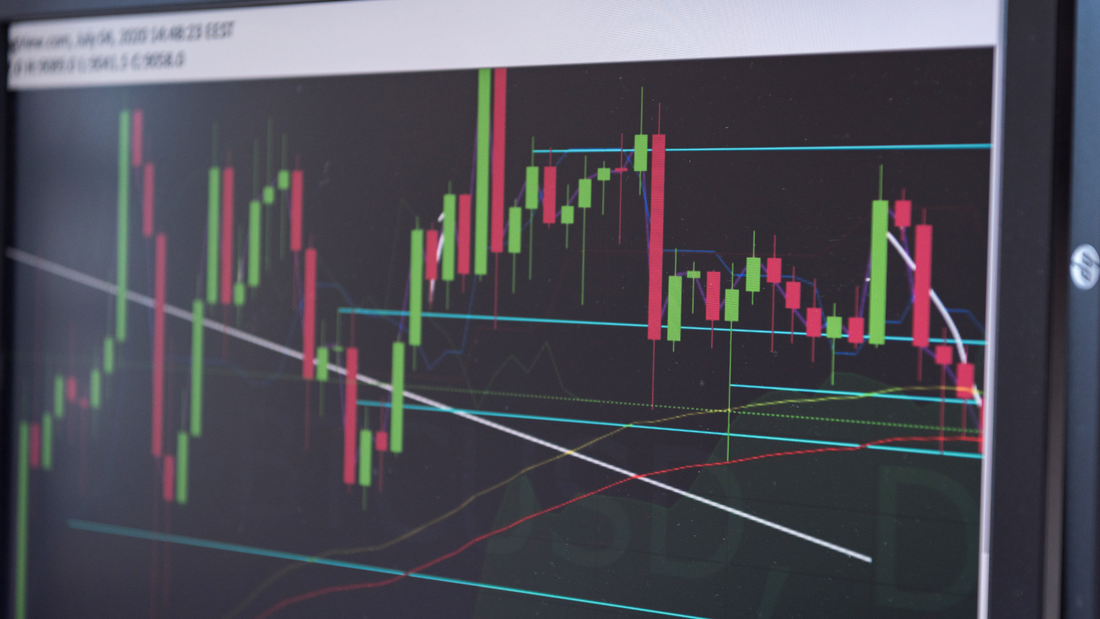
Hayek vs Maynard: The Great Debate
Share
The debate between Friedrich Hayek and John Maynard Keynes is one of the most significant intellectual clashes in economic history. It shaped much of 20th-century economic policy, especially in how governments think about markets, crises, and intervention.
_______________________________________________________________________________________________________
1. Economic Role of Government
Keynes (Pro-Intervention):
-
Believed markets are not always self-correcting.
-
Argued that in times of recession, government must step in to boost demand through public spending (fiscal stimulus).
-
Focused on the short term—“In the long run, we are all dead.”
Hayek (Anti-Intervention):
-
Argued that government intervention distorts markets and creates long-term inefficiencies.
-
Believed recessions are necessary corrections to past economic imbalances.
-
Focused on the long-term consequences of government meddling.
_______________________________________________________________________________________________________
2. View of the Business Cycle
Keynes:
-
Saw business cycles as a result of fluctuations in aggregate demand.
-
Proposed that governments should spend during downturns and save during booms (counter-cyclical policy).
Hayek:
-
Saw business cycles as caused by monetary distortions—especially too much cheap credit.
-
Believed central bank interference causes unsustainable booms, leading to inevitable busts.
_______________________________________________________________________________________________________
3. Markets and Knowledge
Hayek:
-
Emphasized the limitations of central planning—argued that knowledge is decentralized and best coordinated through free market prices.
-
Famous for the idea that markets process dispersed information better than governments can.
Keynes:
-
More skeptical of markets’ ability to self-regulate, especially in crises.
-
Thought policymakers could manage demand better with the right tools and understanding.
